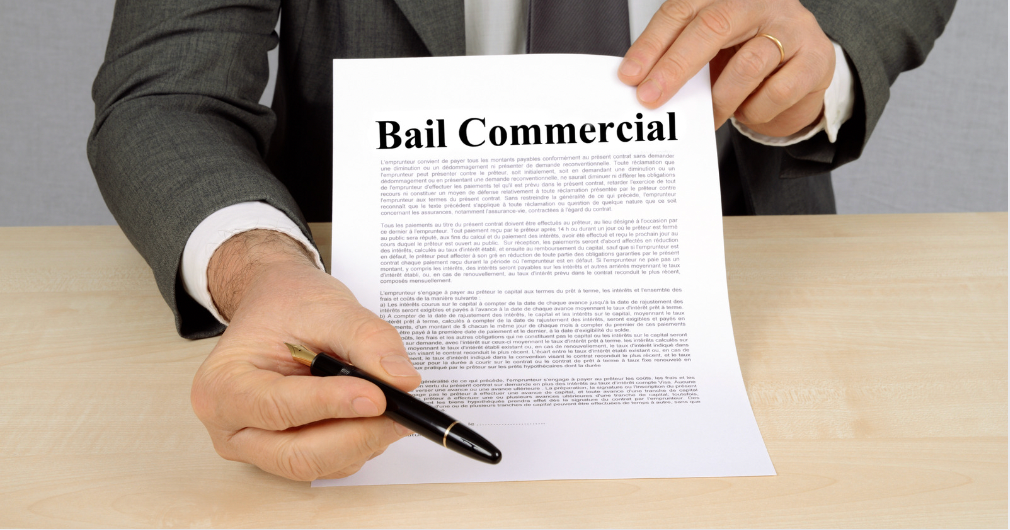How Bail Bonds Work for Federal Crimes vs. State Crimes
When someone is arrested and bail is set, the process of securing their release can differ significantly depending on whether the crime is classified as a state crime or a federal crime. While the general purpose of bail is the same—to ensure the defendant appears in court—the procedures, rules, and costs associated with bail bonds vary. Here’s what you need to know about how bail bonds work for federal crimes versus state crimes.
Bail Bonds for State Crimes
Most crimes, such as theft, assault, or DUI, are handled at the state level. In these cases, bail is typically set by a judge or predetermined by a bail schedule, which provides standard bail amounts for common offenses. The defendant can secure their release by paying the full bail amount in cash or by working with a licensed bail bondsman.
With state crimes, bail bond companies play a significant role. They cover the majority of the bail amount on behalf of the defendant, requiring only a small percentage (usually 7-10%) as a non-refundable fee. The process is straightforward, and the defendant is usually released within hours once the bond is posted.
Bail Bonds for Federal Crimes
Federal crimes, such as drug trafficking, fraud, or terrorism, are prosecuted at the federal level and involve a more complex bail process. Unlike state crimes, there is no standard bail schedule for federal offenses. Instead, a federal magistrate judge determines whether bail will be granted and under what conditions during a detention hearing.
One significant difference is that federal courts consider not only the risk of flight but also the danger the defendant might pose to the community. In some cases, the judge may deny bail entirely.
For federal crimes, bail bond companies can still assist, but the process is more rigorous. Federal bail bonds often require higher premiums, usually 15% of the total bail amount, due to the increased risks involved. Additionally, collateral is often required to secure the bond, such as property or other assets.
Key Differences Between State and Federal Bail Bonds
Here are some key differences to keep in mind when comparing bail bonds for state and federal crimes:
- Cost: Federal bail bonds typically require a higher premium than state bail bonds.
- Complexity: Federal cases involve stricter conditions and more in-depth hearings, making the process longer and more complicated.
- Judicial Oversight: Federal judges have more discretion and consider both flight risk and public safety when determining bail.
Let Mike's Bail Bonds Simplify the Process
Navigating the bail bond process for federal crimes can be daunting, but Mike's Bail Bonds is here to help. Our team has the experience and expertise to handle both state and federal cases, providing fast, reliable, and confidential support. Contact us 24/7 to discuss your situation and get your loved one home today!










